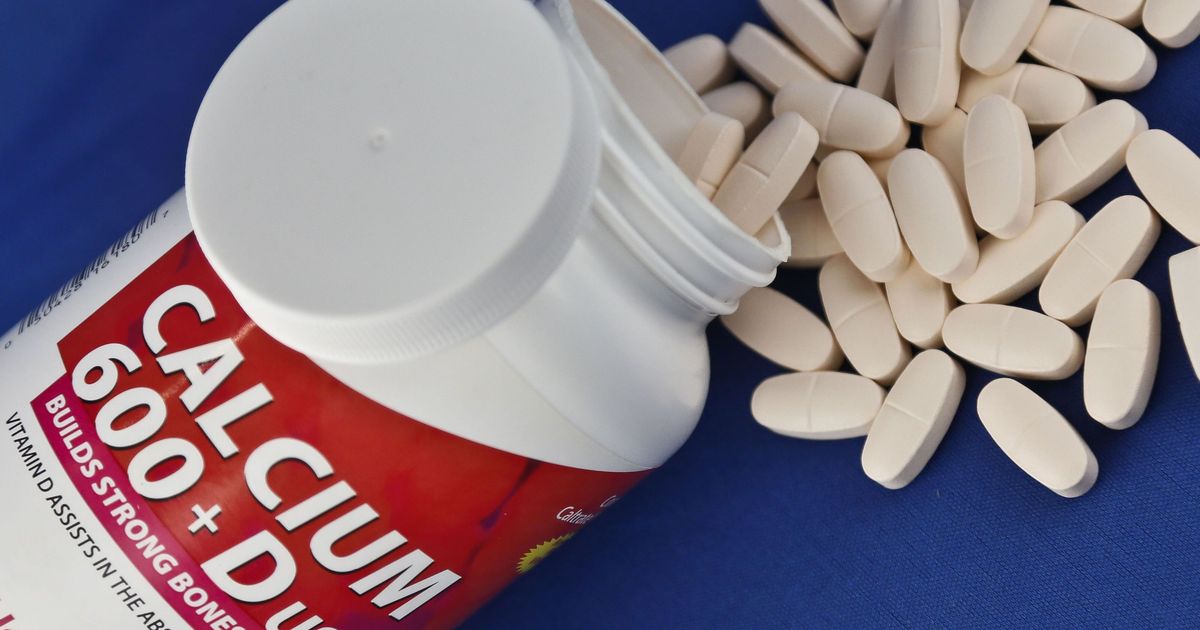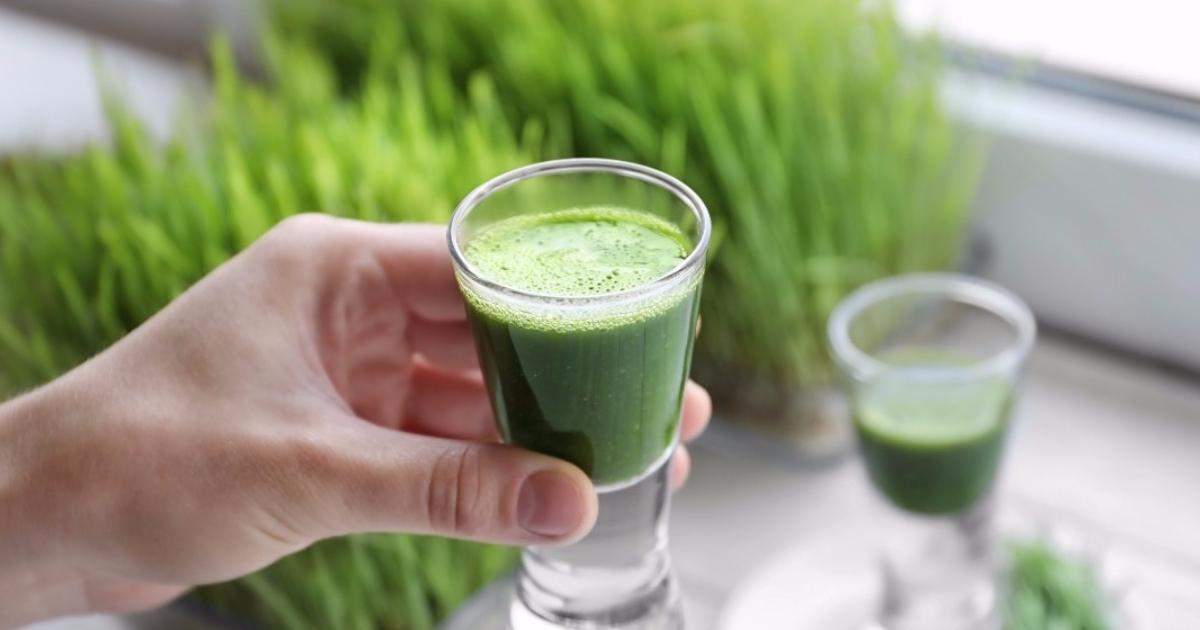Home Remedies For Treating Kidney Stones
Avoid Calcium Supplements

Individuals who have kidney stones may be advised by their physician to avoid calcium supplements. Most are not aware calcium supplements are different from the calcium they consume through their food or dietary calcium. When an individual is told to avoid calcium supplements, it does not mean to avoid calcium altogether. The body needs a certain amount of calcium to create a bond with oxalate in the kidneys. Individuals affected by kidney stones need to aim for an average of around one thousand milligrams of dietary calcium per day. Vitamin D also needs to be present in the diet so the stomach and intestine can adequately absorb the calcium. Calcium supplements have proven to be detrimental to the prevention and mediation of calcium oxalate and calcium phosphate stones. Over seventy percent of kidney stones are the result of excess calcium bonding with excess oxalate. Another ten percent of kidney stones are made when calcium bonds with phosphate. Avoiding supplements but maintaining the proper amount of dietary calcium can help reduce the chance of developing new stones or increasing the size of existing stones.
Consume Wheatgrass Juice

Wheatgrass juice has been known to help many individuals pass their kidney stones and stop further stone development. Those affected by kidney stones should consume wheatgrass juice with a full meal every day. Freshly sprouted wheat plant leaves are used to produce wheatgrass juice. Wheatgrass juice, a natural diuretic, is known to be the most abundant source of dietary living chlorophyll available in the market today. It has a diuretic effect because it contains compounds that stimulate the production of more urine, which can significantly contribute to the kidney's efforts of flushing out unwanted minerals and salts from the body. It is an excess of such minerals and salts in the urine that cause kidney stones to materialize. Because wheatgrass juice causes an increase in urine output, it also increases the intake of fluids. When an individual drinks more fluid and urinates a higher volume, this mechanism can encourage the passing of smaller stones before they have a chance to become any larger. The recommended dose is one fluid ounce a day for a week, and then two ounces per day after that.
